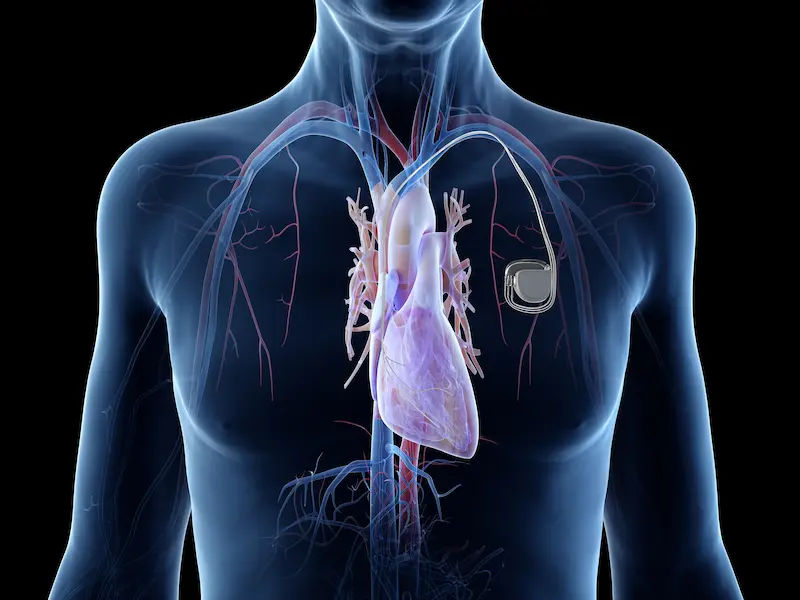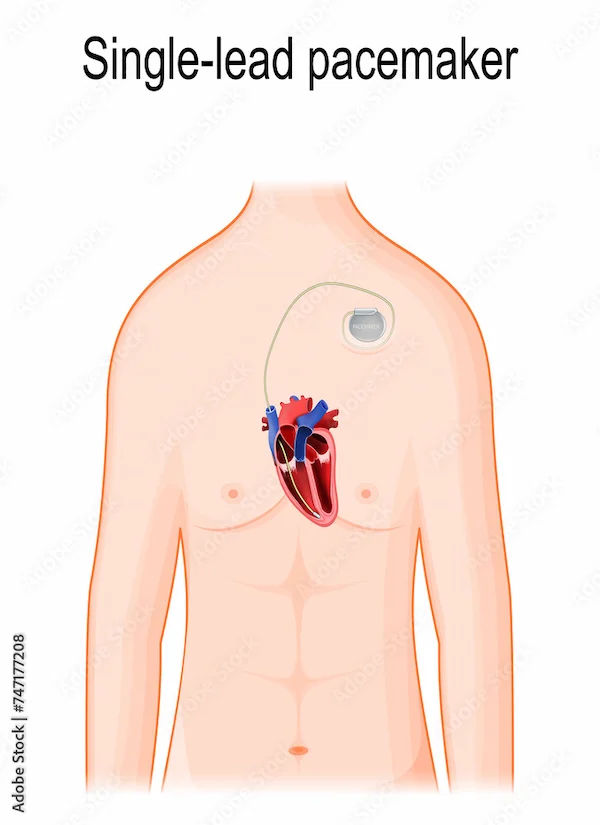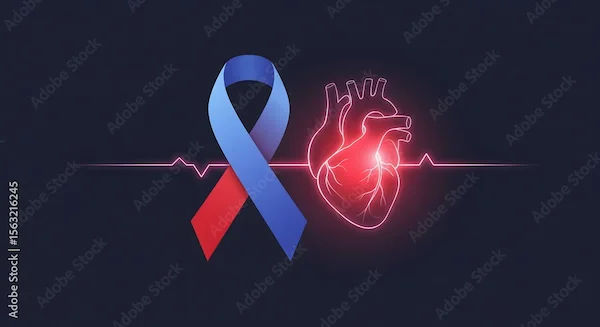- male
- 60 Years
- 31/03/2021
Can Atherosclerosis be reversed?
Answered by 1 Apollo Doctors
Various drugs, low fat diet and exercise can slow the effect of atherosclerosis but once a plaque is formed it is mostly not reversible. A person ahs to undergo procedures for removal of atherosclerotic plaque.
Dr. Shubham Suggests...
Consult a Cardiologist
Answered 04/07/2025
0
0


Ask Apollo
AI powered Health Chatbot
-
Understanding Atherosclerosis
Atherosclerosis is the hardening and narrowing of arteries due to plaque buildup. It can lead to heart disease, especially in older adults. -
Possibility of Reversal
Complete reversal is difficult, but progression can be slowed or partially improved with treatment. -
Lifestyle Modifications
- Diet: Adopt a heart-healthy diet rich in fruits, vegetables, and whole grains.
- Exercise: Engage in regular physical activity.
- Smoking Cessation: Quit smoking to improve vascular health.
- Weight Management: Maintain a healthy weight.
-
Medications
Common medications include statins (e.g., Atorvastatin) for cholesterol and antihypertensives for blood pressure control. -
Medical Procedures
In advanced cases, interventions like angioplasty or surgery may be necessary. -
Regular Monitoring and Specialist Care
Regular check-ups with a cardiologist and relevant tests are crucial for monitoring the disease. -
Personalized Approach for Older Adults
Considerations for a 60-year-old male include managing other health conditions and monitoring medication side effects.
Recommended next steps
Consult a Cardiologist
Answered 20/08/2025
0
0
More Cardiology Health Queries
View allMy mom's been having issues with her high BP lately. She was on Telsartan 50 earlier, and then the doctor switched her to Amlip 5 about four months ago. It seemed okay at first, but now her BP is getting out of hand again. I'm really worried and wondering what could be causing this. Could it be that Amlip 5 isn't as effective for her as Telsartan was, or could something else be affecting her BP levels?
Dietary Tweaks:* 1. Increase protein intake: Include lean protein sources like chicken, fish, lentils, and legumes. 2. Fiber-rich foods: Add more fruits, vegetables, and whole grains. 3. Healthy fats: Nuts, seeds, avocados, and olive oil. 4. Hydration: Drink plenty of water (at least 8-10 glassesday). 5. Portion control: Eat smaller, frequent meals. *Non-Exercise Weight Loss Strategies:* 1. Stress reduction: Meditation, deep breathing, or yoga. 2. Sleep optimization: 7-8 hoursnight. 3. Walking breaks: Take short walks during work hours. 4. Desk stretches: Simple exercises at your workstation. 5. Active commuting: Walk or cycle to work, if possible.
Answered by 1 Apollo Doctors
I'm experiencing some discomfort in my left arm and around my chest. I had a TMT done recently and the results came back negative, but I'm still feeling the pain. Can you help me understand what's going on?
The pain in your left arm and chest could be due to musculoskeletal issues or nerve compression. To help relieve the pain, you can take Acetaminophen 500mg every 4-6 hours as needed for pain. Additionally, applying a topical pain relief gel like Volini gel on the affected areas can also provide relief. Make sure to rest the affected arm and chest, and avoid any activities that worsen the pain. If the pain persists or worsens, consult your doctor for further evaluation and management.
Answered by 1 Apollo Doctors
I'm concerned about my mother-in-law's medication. The doctor prescribed her Rosuvastatin 20mg, but we only have 10mg tablets at home. Can she take two 10mg tablets instead to make up the dose?
To achieve the prescribed dosage of Rosuvastatin 20mg for your mother-in-law, you can take two tablets of Rosuvastatin 10mg at the same time. This will provide the intended dosage as recommended by the doctor.
Answered by 1 Apollo Doctors
Disclaimer: Answers on Apollo 247 are not intended to replace your doctor advice. Always seek help of a professional doctor in case of an medical emergency or ailment.




